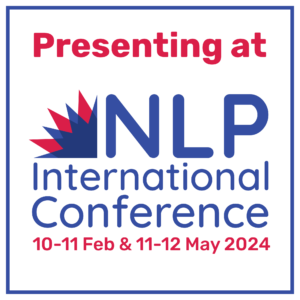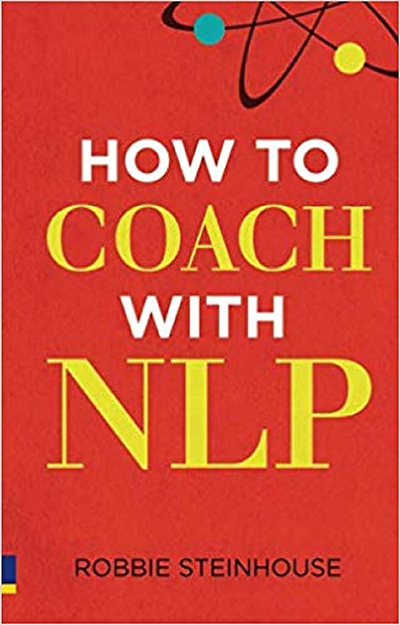How Do You Know When Your Career Has Stalled?

We’re sold the story as kids: the working world offers us a career, which means a series of steps up a nice, clear ladder.
Each step will bring more responsibility, more learning, a broadening of our horizons until, at the top, we can serenely gaze out over the world at our feet.
A quick look at the real world tells us something different.
Organisations – and fields of expertise – are pyramid-shaped, with a tiny top and big base. If everyone at the base is trying to get to the top, it ain’t gonna happen, however hard we all try and however good we all are at our jobs.
The wise pyramid-climber is aware of this fact. We climb in hope, but have a Plan B if things don’t work out. Part of this plan is being able to read the signs if things are beginning to go wrong.
How can NLP help you to identify a stalled career?
There are various clues that let you know that your career is going into drift. A note saying ‘clear your desk; you’re fired’ is one. But there are others.
The ones I shall concentrate on centre around not being taken seriously. If you are admired and maybe slightly feared, people will treat you in different ways to how they treat you if you’re taken for granted.
The earlier you can spot which attitude is being taken, or when others’ attitude is beginning to change from the former to the latter, the better.
Understanding body language
NLP teaches us to be aware of body language. It also steers us away from simplistic formulae. The only way to really read someone’s body language is to get to know it over time. If your boss has a way of placing their hand on the desk, what does that mean?
Think of the other times they have done it. If you feel up to it, ask them what’s on their mind next time they do it (asking specifically ‘what does it mean when you put your hand down like that?’ probably won’t get the right answer, as the movement will be automatic, not something they do consciously).
In NLP we call this ‘calibration’. It takes time and thought to work out exactly what signals mean what, but it will be time and thought well spent: you need to know as soon as possible when your contribution is valued highly or when other people are just going through the motions with you, their attention already elsewhere.
Understanding rapport
NLP ‘rapport’ techniques are useful for getting into someone else’s head – hence their use in therapy, but also (sometimes regrettably) sales. Using these requires trust in one’s unconscious, but it usually delivers.
Copying another’s actions, expressions and ‘pace’ (are they talking fast, breathing fast, jiggling a pen and so on) can lead to a sudden intuitive awareness of the mental state of that person.
If you try this and your unconscious suddenly pipes up that the person thinks you’re a timewaster, then that’s a powerful warning signal – though not one absolutely guaranteed to be true: in a therapeutic setting, I would then run any intuition past the client.
Usually they look surprised and say ‘yes’, but not always. In the office, you just have to file such negative intuitions away as warning signals.
Understanding the spoken word
The language patterns that started the whole NLP ball rolling back in the 1970s can also reveal a lot about a speaker.
If your manager is speaking to you in vague generalizations, the chances are that he or she is in their own world and not hugely interested in your response (but, as always, don’t assume this is automatically the case; some people have been so brainwashed by managementese that they really can’t communicate any other way).
Did you like this post?
Then check out our events and courses!
Where to find us
For posts, events, free open days and more, follow NLP School on:
What to read next
Leading Yourself Through Uncertainty
How NLP Can Help You Avoid Burnout










